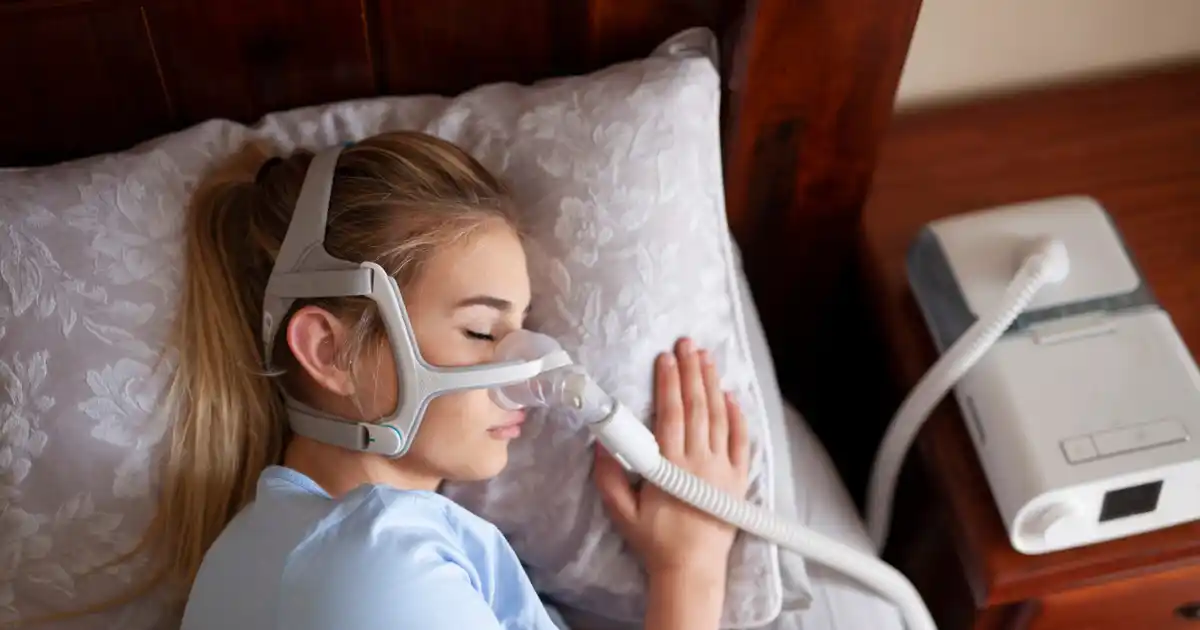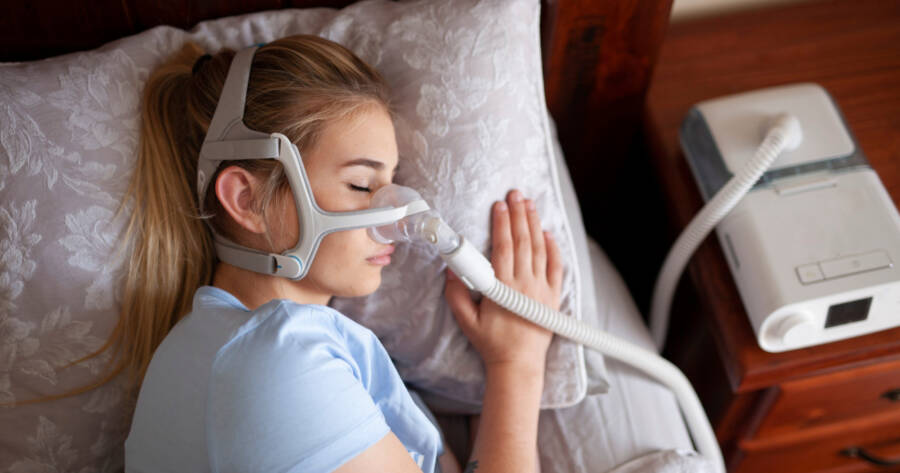If you’re seeking relief from sleep apnea, selecting the ideal CPAP mask is no easy task, in part because you have to balance comfort with ensuring that the treatment is effective. Various types and styles of masks exist, each catering to different needs and preferences, so understanding your options can significantly improve your sleep quality. Fortunately, if you start a search online, you can confidently choose the right CPAP mask for your good health and sleep soundly.
Understanding Different Types of CPAP Masks
There are mainly three types of CPAP masks: nasal pillows, nasal masks, and full-face masks.
- Nasal pillows are small and lightweight, sitting at the nostrils’ entrance, ideal for those who feel claustrophobic.
- Nasal masks cover the nose and are great for side sleepers.
- Full-face masks cover both the nose and mouth, suitable for mouth breathers.
Which of these options seems best for your needs? Researching these types further can help you make a more informed decision based on your specific needs.
Factors to Consider When Choosing a CPAP Mask
Comfort is paramount when selecting a CPAP mask. Consider the mask’s size, material, and strap adjustability. The fit should be snug but not too tight, reducing air leaks and skin irritation.
Additionally, think about your sleep habits. For instance, if you toss and turn, a mask with a flexible hose connection is advisable. Delving deeper into these factors online can provide more insights into what might work best for you.
Best CPAP Mask Manufacturers
Several manufacturers stand out in the CPAP mask market for their quality and innovation:
ResMed is renowned for its wide range of comfortable and effective masks, including the popular AirFit series, which offers options for full-face, nasal, and nasal pillow masks. They are known for their cutting-edge designs and typically offer a 90-day warranty on mask components.
Philips Respironics is another leading brand, offering the DreamWear line, known for its unique under-the-nose nasal mask and top-of-head tube connection that provides greater freedom of movement during sleep. Philips Respironics masks usually come with a 90-day warranty.
Lastly, Fisher & Paykel stand out with their emphasis on a custom fit and advanced cushion technology in masks like the Simplus full-face mask. Their warranty terms often extend up to 90 days, covering any manufacturing defects. Researching these manufacturers online can provide deeper insights into their product ranges and specific warranty policies, helping users make an informed choice.
The Importance of Mask Size and Fit
An ill-fitting CPAP mask can lead to air leaks and decreased therapy effectiveness. Most manufacturers offer various sizes, and some masks have adjustable features.
It’s essential to measure your face according to the manufacturer’s guidelines to find the right size. Some online resources offer virtual fitting tools and detailed instructions on measuring for a proper fit.
Common CPAP Mask Issues
Air Leaks
One of the most prevalent issues faced by CPAP users is air leaks. These leaks can significantly reduce the effectiveness of CPAP therapy by allowing the pressurized air to escape, thus diminishing the therapeutic benefits.
Furthermore, air leaks can lead to discomforts such as dry eyes, where escaped air dries out the ocular surface, and skin irritation, often manifesting as redness or soreness around the mask contact area.
To address air leaks, adjusting the mask straps for a better fit is crucial. A snug, but not overly tight fit can prevent air from escaping. Additionally, using mask liners can provide a softer and more secure seal against the skin, reducing both air leaks and skin irritation.
Discomfort
Discomfort, particularly during the initial stages of using a CPAP mask, is another common issue. This discomfort can stem from the unfamiliar sensation of wearing a mask, the pressure of the straps against the skin, or the airflow’s directness.
However, this discomfort often decreases over time as users acclimatize to the sensation of the mask. It’s important to give oneself time to adjust and to experiment with different mask types if the discomfort persists.
Noise and Dryness Concerns
In addition to physical discomfort, users might also experience challenges such as noise from the mask or machine, which can disrupt sleep. Some find that using earplugs or white noise machines can alleviate this issue.
Nasal congestion or dryness from the airflow can be another concern. In such cases, a CPAP machine with a humidifier can help, as it adds moisture to the air, alleviating dryness and congestion.
Consulting with Healthcare Professionals
While online research is beneficial, consulting with a healthcare professional is essential. They can provide personalized advice based on your specific health needs and sleep patterns.
Professionals can also help with fitting and adjusting your mask for optimal comfort and effectiveness. Remember, regular check-ins with your healthcare provider are key to successful CPAP therapy.
The Right CPAP Mask Makes All the Difference
Selecting the right CPAP mask is a personal journey that greatly impacts your sleep therapy’s effectiveness. By understanding the different types, considering your specific needs, and troubleshooting mask issues, you can significantly improve your treatment experience.
Remember to continuously educate yourself about CPAP masks and consult healthcare professionals for personalized advice. With the right mask, you can enjoy a restful night’s sleep and better health.
 Shutterstock: perthstagedtosell
Shutterstock: perthstagedtosell